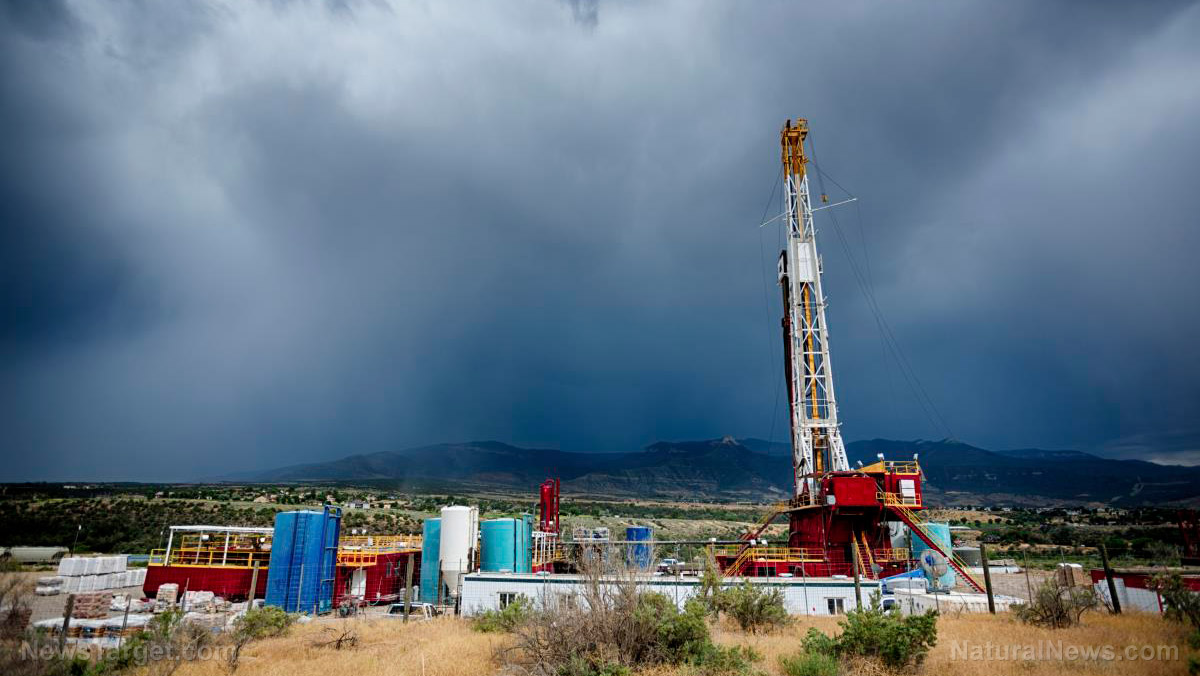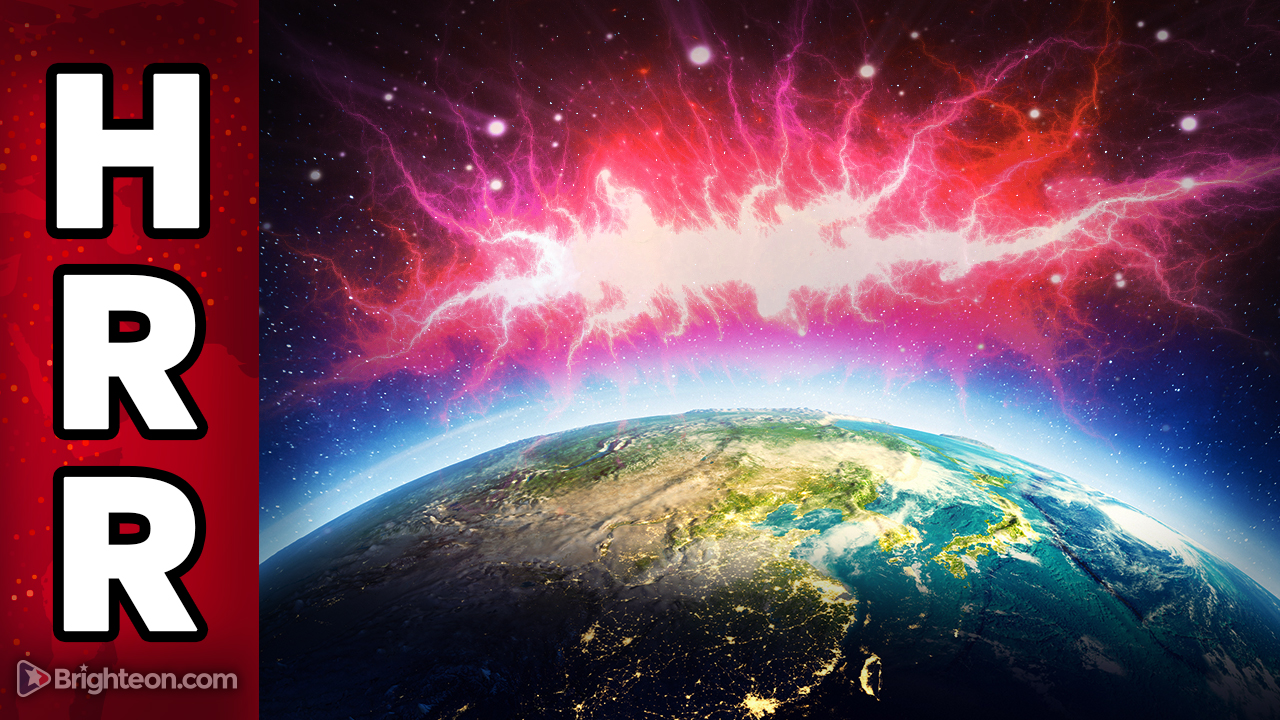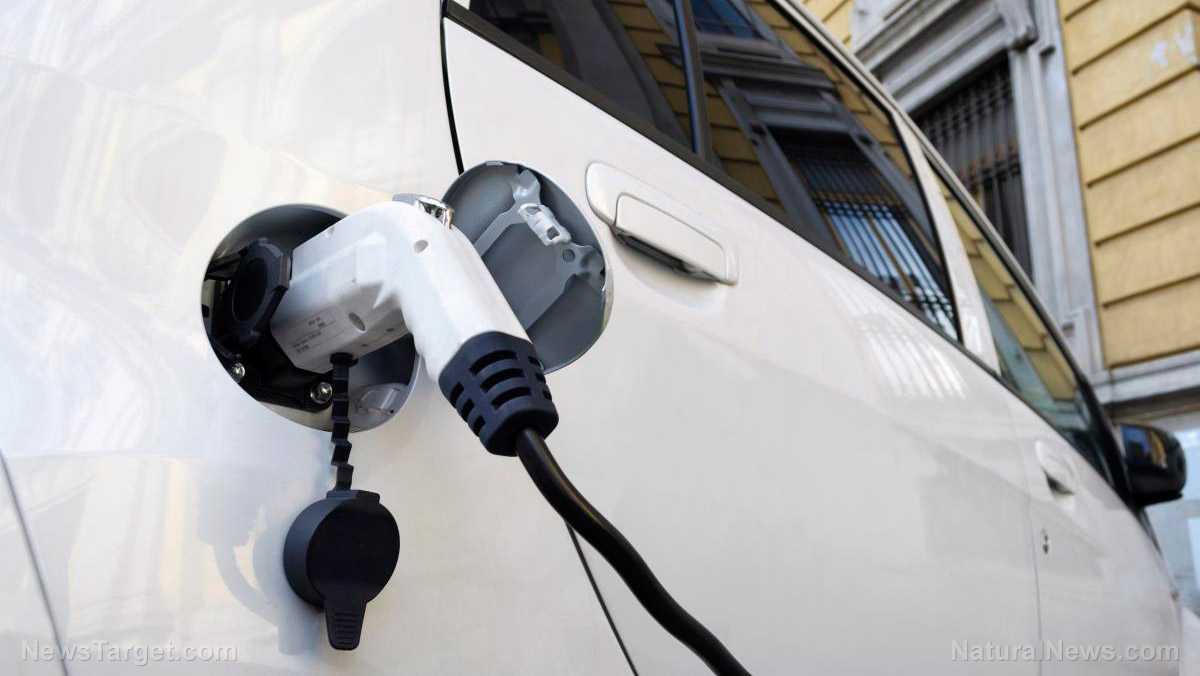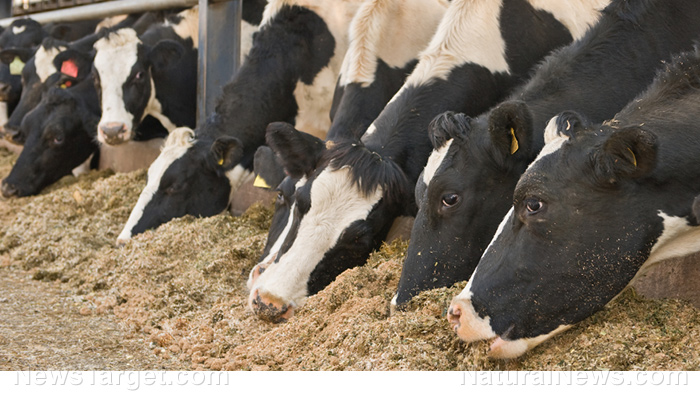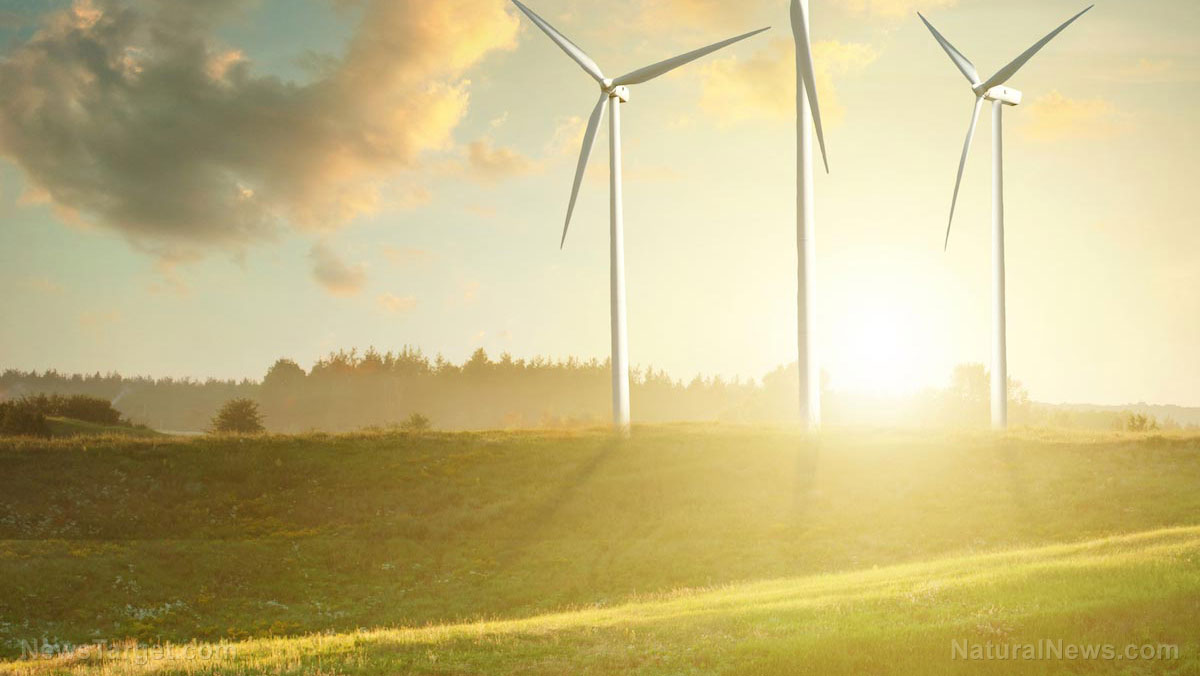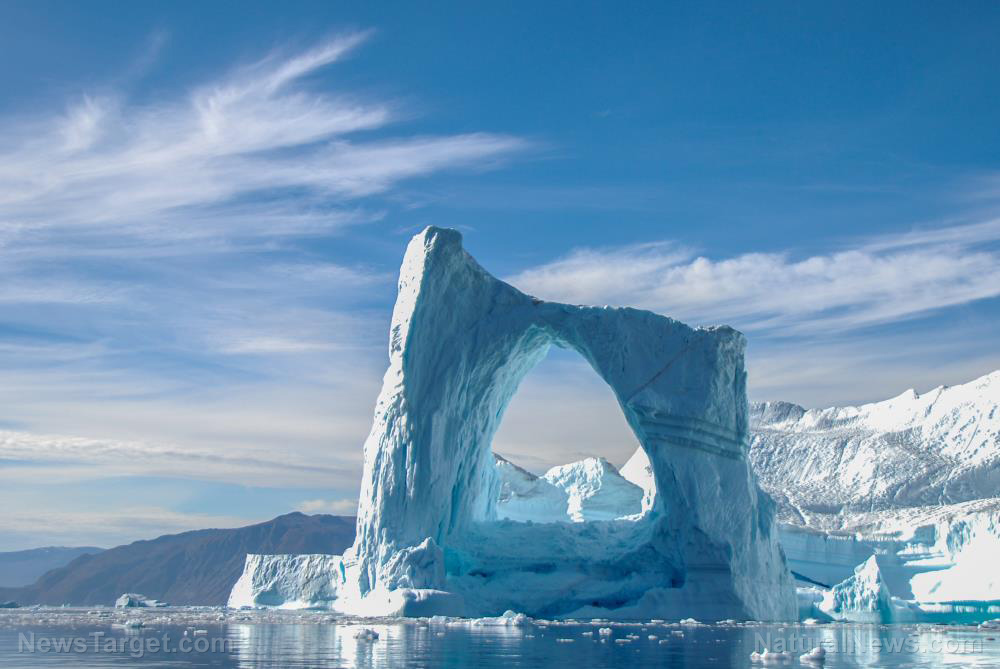Netherlands joins Germany in abandoning “green” agenda, restarting coal plants to fulfill energy needs amid ongoing crisis
06/23/2022 / By Ethan Huff
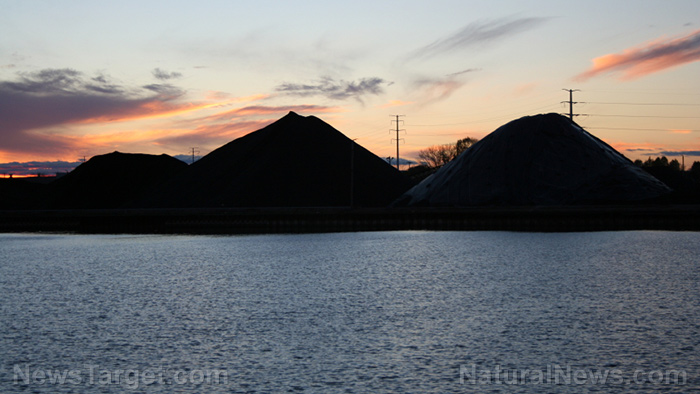
Almost immediately after Germany announced that it is restarting its coal-fired power plants to deal with the ongoing energy crisis it helped create, The Netherlands announced that it is following suit.
After proudly going “green,” these two Western European countries have come to the realization that fossil fuels are, in fact, necessary to keep their economies afloat. And since they no longer want to do business with Russia, that energy is going to have to come from somewhere.
“Because the risk of gas shortages has increased, the cabinet has decided today to withdraw the production limitation for coal-fired power stations for 2022 to 2024 with immediate effect,” announced energy minister Rob Jetten.
“This means that the coal-fired power stations are allowed to produce at full capacity again so that less gas is needed for the production of electricity by gas-fired power stations. This reduces the risk of gas shortages and makes it easier to fill the gas storage facilities in The Netherlands and Europe.”
All these two countries had to do was pay in rubles and gas from Russia would have continued flowing
Now that The Netherlands has entered the first phase of a gas crisis, the government is initiating its Gas Protection and Recovery Plan. This will help to fill gas storage facilities across the country with more fuel than had previously been agreed upon, which will be needed this upcoming winter.
Up until now, coal-fired power plant production was capped in The Netherlands at just 35 percent of capacity, all to reduce carbon dioxide (CO2) emissions and create a “cleaner” and “greener” environment.
The Netherlands still expects to meets its 2030 climate goals, Jetten added, which includes phasing out its last four coal-fired power plants by that time. In the meantime, the country is expected to save two billion cubic meters (bcm) of gas use per year by revving up those very same plants, at least through 2024.
To combat the excess emissions that will come from this change, the Dutch cabinet says it has a plan that will soon be announced. One short-term proposal involves the use of a “temporary gas-saving tender that will give large gas consumers a financial incentive to reduce their gas consumption,” Jetten said.
Similar to what happened in Germany, The Netherlands found itself in a bind back in May when it was cut off from Russia’s Gazprom pipeline for refusing to pay for deliveries in Russian rubles as requested by Russian President Vladimir Putin. Ever since then, gas supplies in The Netherlands have been waning.
That refusal to pay in rubles means that Gazprom will not deliver the two billion bcm of gas through October 1 as was provisioned in a contract with GasTerra, a Dutch gas trader.
“There are currently no acute gas shortages in the Netherlands, but the declining gas supplies could have consequences,” Jetten claims.
“With the declaration of the first level of a gas crisis, gas companies must provide additional detailed information on current gas supplies and stocks on a daily basis. This will enable the government to monitor the gas market even more closely and immediately take additional measures if the situation so requires.”
In the comment section at The Epoch Times, one person aptly pointed out that the hypocrisy of both Germany and The Netherlands is astounding.
“Apparently there’s an existential threat to the planet EXCEPT when cheap Russian natural gas supplies are threatened, THEN there’s no existential threat and it’s okay to switch back to cheap, reliable, and abundant coal,” this person wrote.
“In other words, if ‘clean energy’ is too unreliable or too expensive then coal is okay, even if it means the world is going to end.”
The latest news about the ongoing energy crisis can be found at EnergySupply.news.
Sources for this article include:
Submit a correction >>
Tagged Under:
coal, Collapse, crisis, electricity, energy, energy supply, fossil fuel, fuel, Germany, green, green energy, green tyranny, hypocrisy, Netherlands, power, Russia, Russia-Ukraine war, Ukraine, WWIII
This article may contain statements that reflect the opinion of the author
RECENT NEWS & ARTICLES
COPYRIGHT © 2017 CLIMATE ALARMISM NEWS

